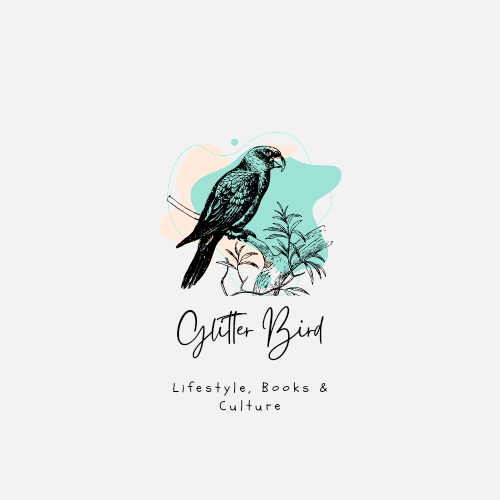Hello guys. I'm back with another post. This time it's a book review of my latest read. Before I go on, I'd love to appreciate everyone here that has been supporting me. It makes me feel good and I'm deeply grateful. I was notified of a statement by @event-horizon which I find very encouraging. It also reminded me that it's been days since I shared my last book review.
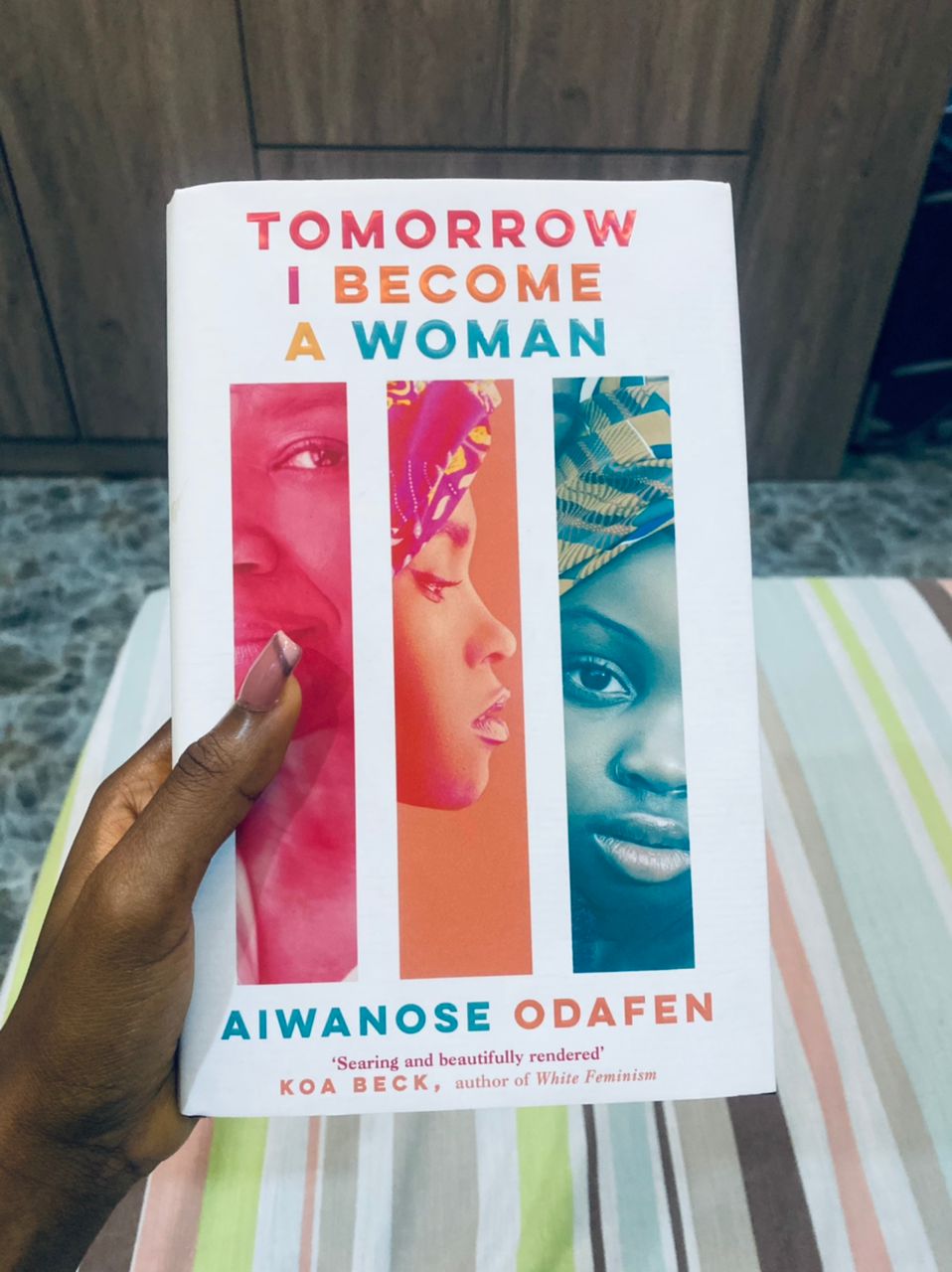
Tomorrow I become a woman is one book that has been on my tbr since September. It's been quite popular on Nigerian bookstagram so I had to cop a copy and understand the hype for myself. I got it last week and within two days I finished. Yes, it's good like that. There are two easy ways to get me to read a book fast: first, if it's written by a Nigerian woman, and second, if it's a feminist book and this book met these criteria.
Uju meets Gozie, the perfect man. He's handsome, the most eligible bachelor in church, and a good Christian. He reminds her of her first love, Uncle Ikenna. There's Akin who makes her feel heard but when Gozie asks her to marry him within a few months of meeting, she agrees to marry him. After all, he's loved by her mother, and adored by her friends as well as her father and brothers. Unfortunately, the marriage that she imagined to be perfect, turns out to be a nightmare.
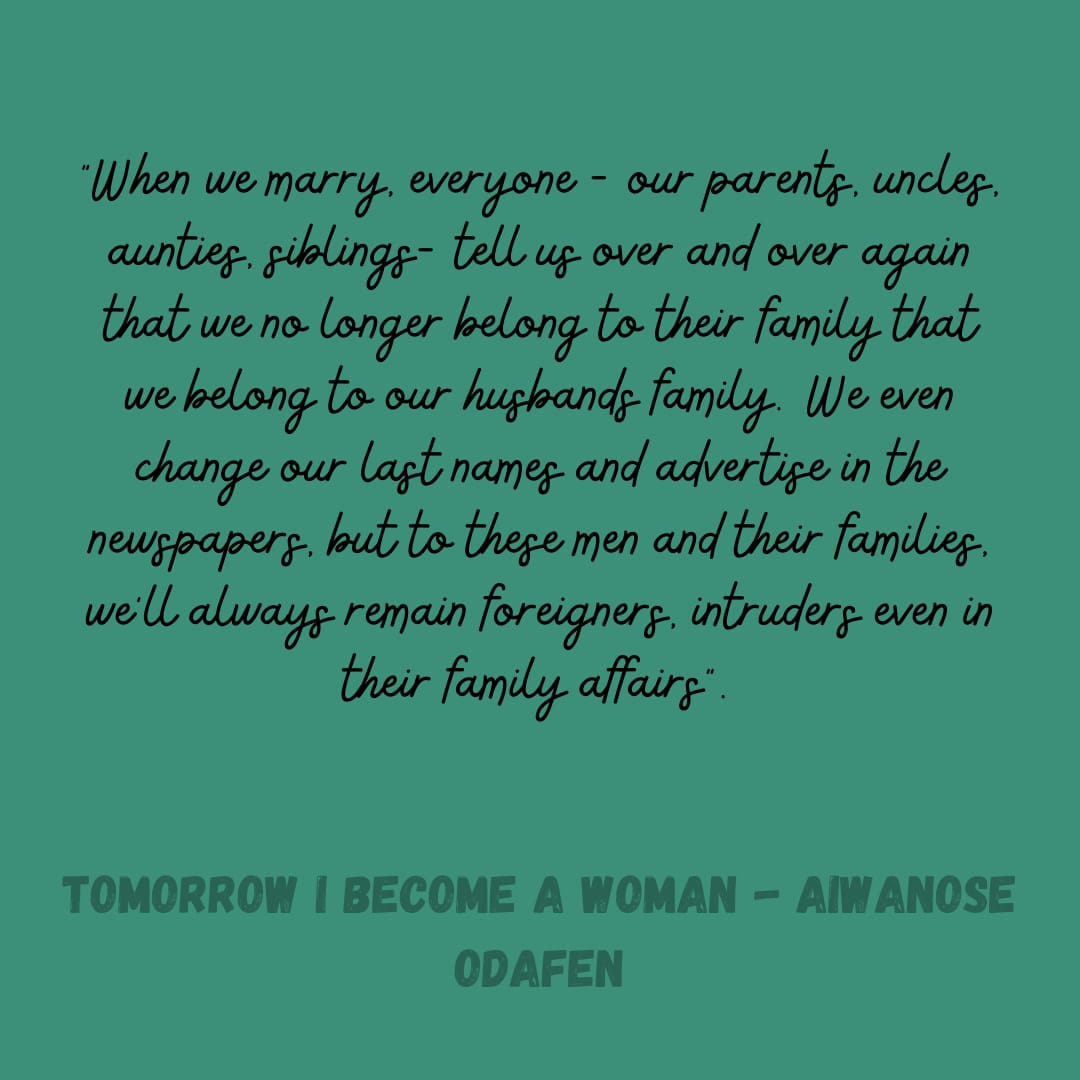
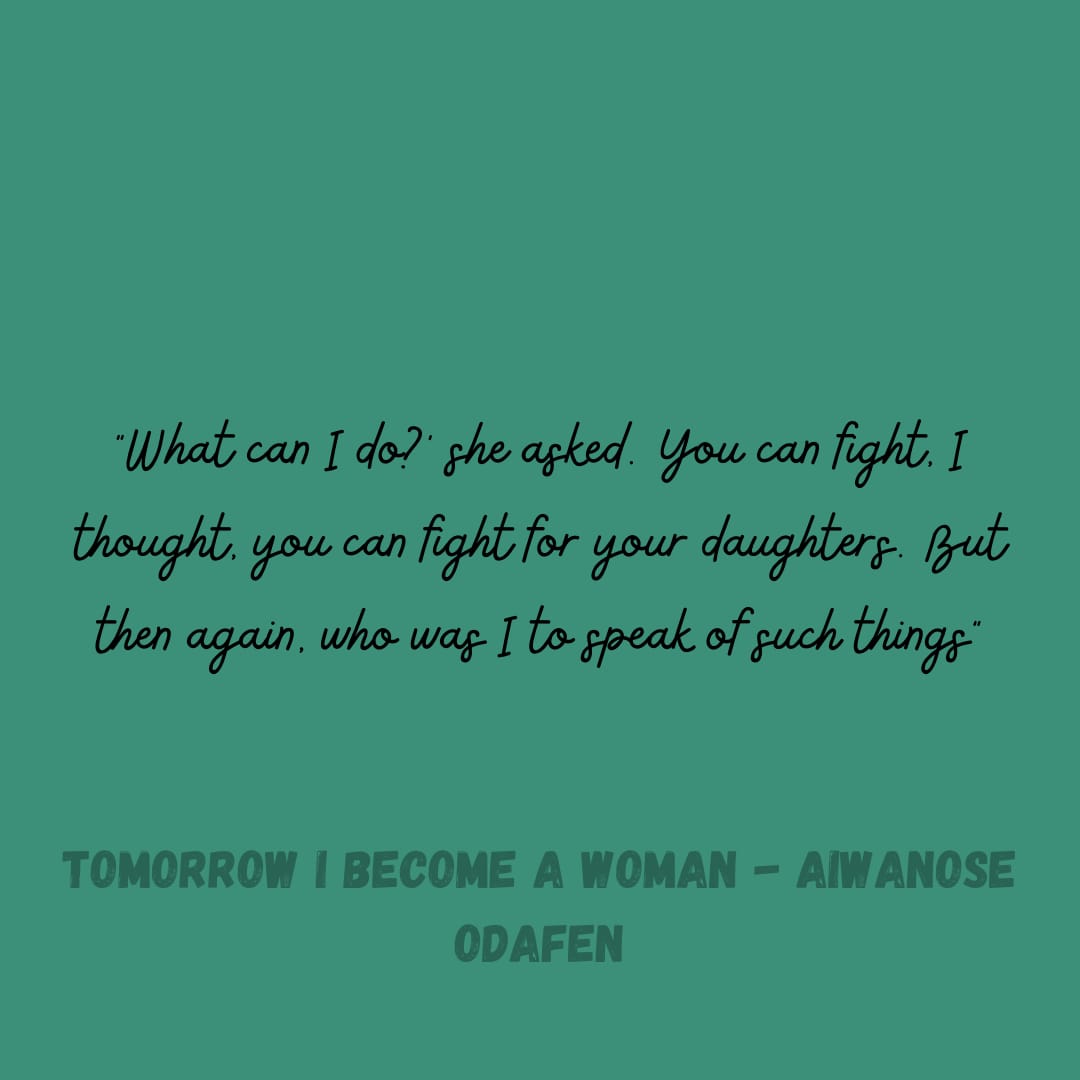
This book triggered me, made me angry and frustrated. I felt so much pain because of the horrendous things I read as I kept flipping the pages. But I couldn't put it down because of the seamless flow of storytelling and gripping plot. With poignant narration, the author explores the societal and religious expectations placed on women from the moment they were born. Nigeria is a highly patriarchal society and this book is a perfect illustration.
This novel discusses how women have been brought up to always think about marriage as the ultimate goal and how they are forced to believe that the idea of womanhood is based on how much she can endure and manage no matter how difficult it is. It shows the pressure mounted on women to get married early, bear children, and the preference for a male child over a girl. "Na her first pikin and she no even born boy" If a woman doesn't have sons, she's not woman enough. If she can't bear children, she's called a man. If she suffers a miscarriage, she's tagged as a weakling. This novel goes further to depict how women are used only as vessels for childbirth without taking into consideration whether she is ready or not.
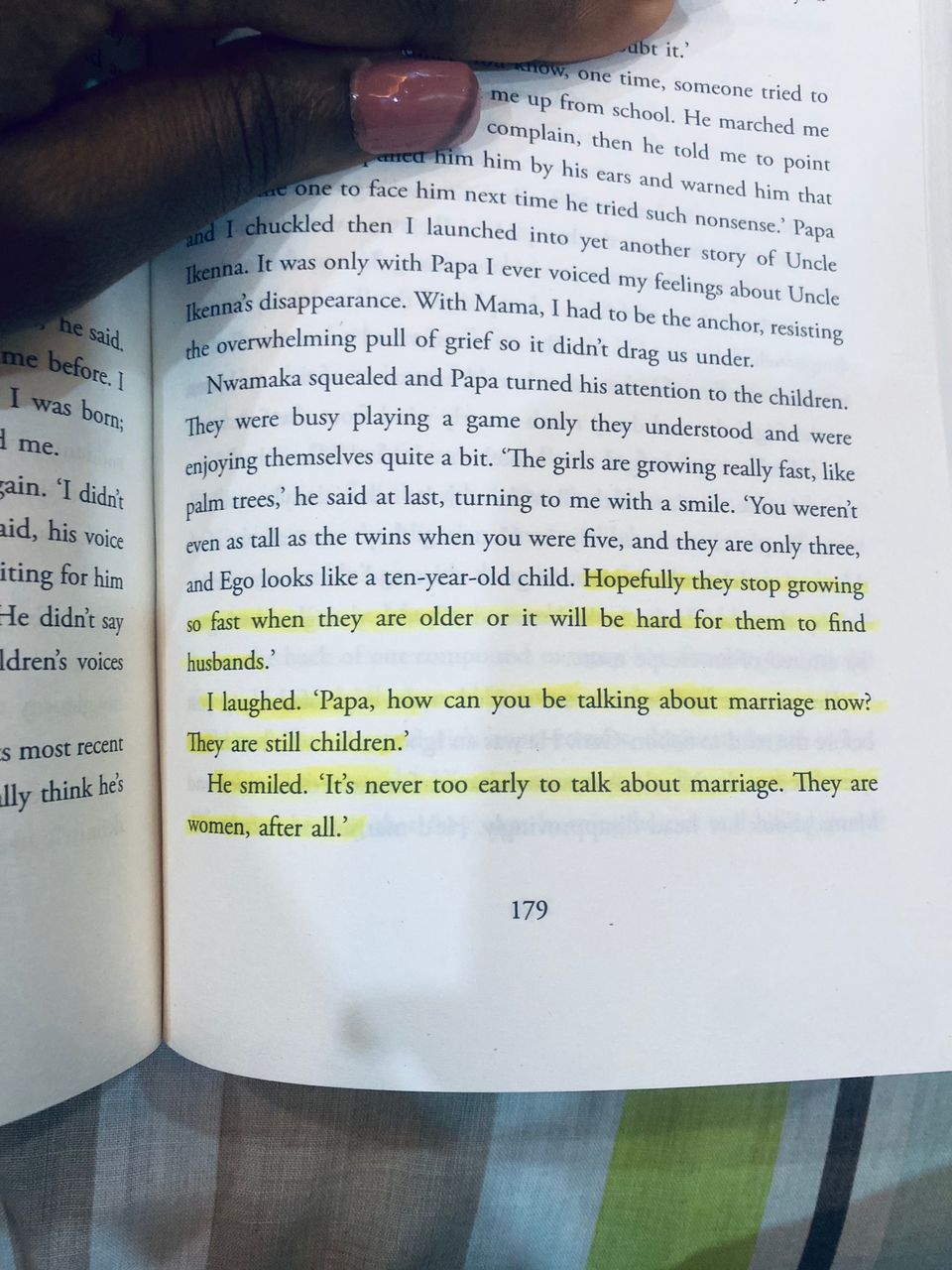
Uju's husband, Gozie beats her till she's a bloodied mess and ends up in the hospital. But when she tells her mother, she never takes her daughter's side. Always blaming her, encouraging her to go back to her husband despite the obvious bruises all over her body. I really despise her mother. She lacks common empathy and compassion. I tend to give grace to patriarchal princesses because society made them that way. In Uju's mother's case, I think she didn't have her daughter's best interest at heart.
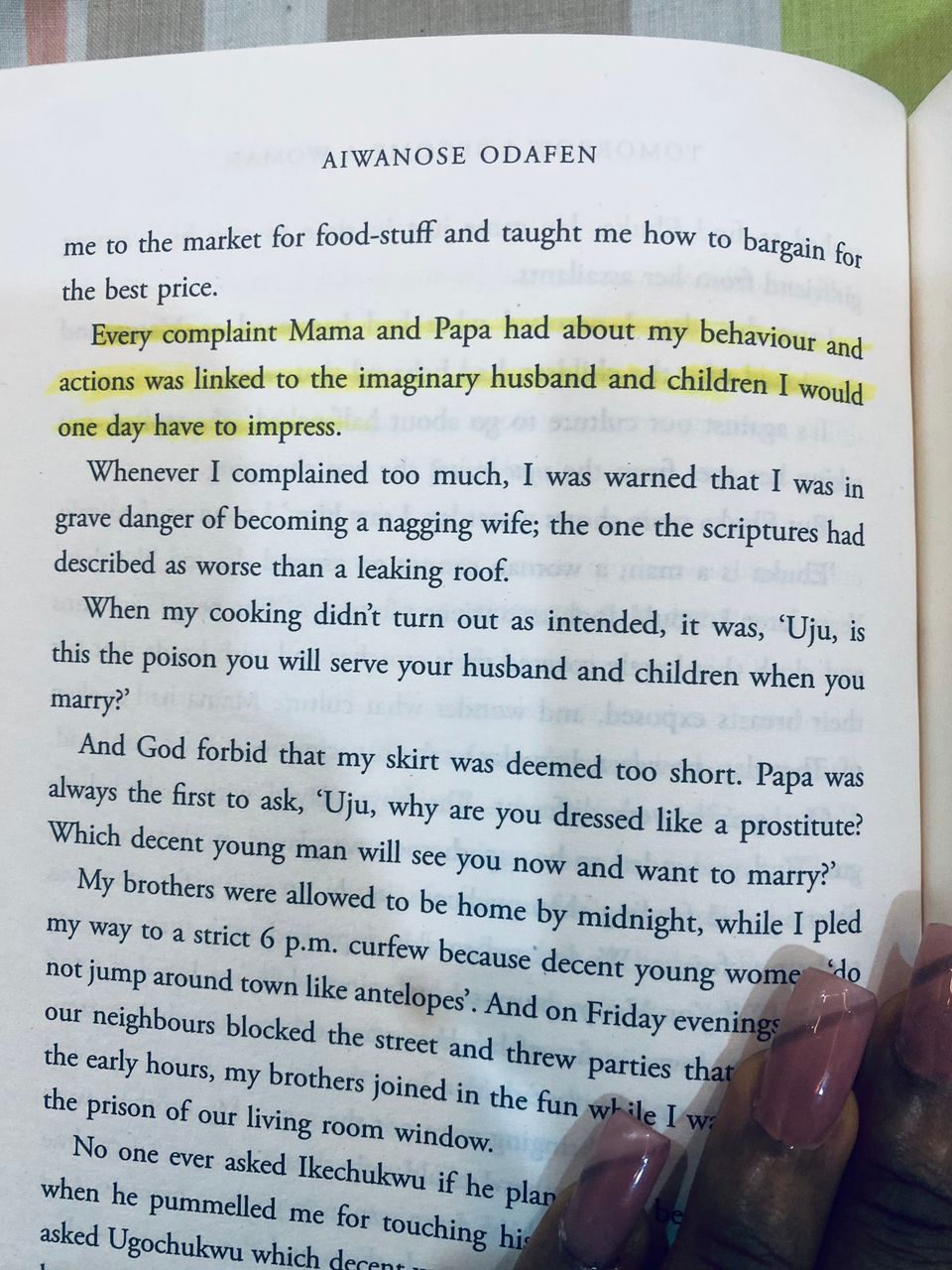 Aiwanose with her brilliant storytelling explores the religious contribution to the topic of misogyny. Two people take the vow but the whole bulk of making the marriage work is placed solely on the wife's shoulder. It is women that are encouraged to join prayer meetings to keep their homes. When a man cheats, she's advised to pray against the leeches that want to destroy her home. When a man hits his wife, it's the devil at work. They're never held accountable. When a woman decides to leave, she's a failure and a disgrace to womanhood.
"My dear it is okay for a man to have a bad character as long as he is a man"
Aiwanose with her brilliant storytelling explores the religious contribution to the topic of misogyny. Two people take the vow but the whole bulk of making the marriage work is placed solely on the wife's shoulder. It is women that are encouraged to join prayer meetings to keep their homes. When a man cheats, she's advised to pray against the leeches that want to destroy her home. When a man hits his wife, it's the devil at work. They're never held accountable. When a woman decides to leave, she's a failure and a disgrace to womanhood.
"My dear it is okay for a man to have a bad character as long as he is a man"
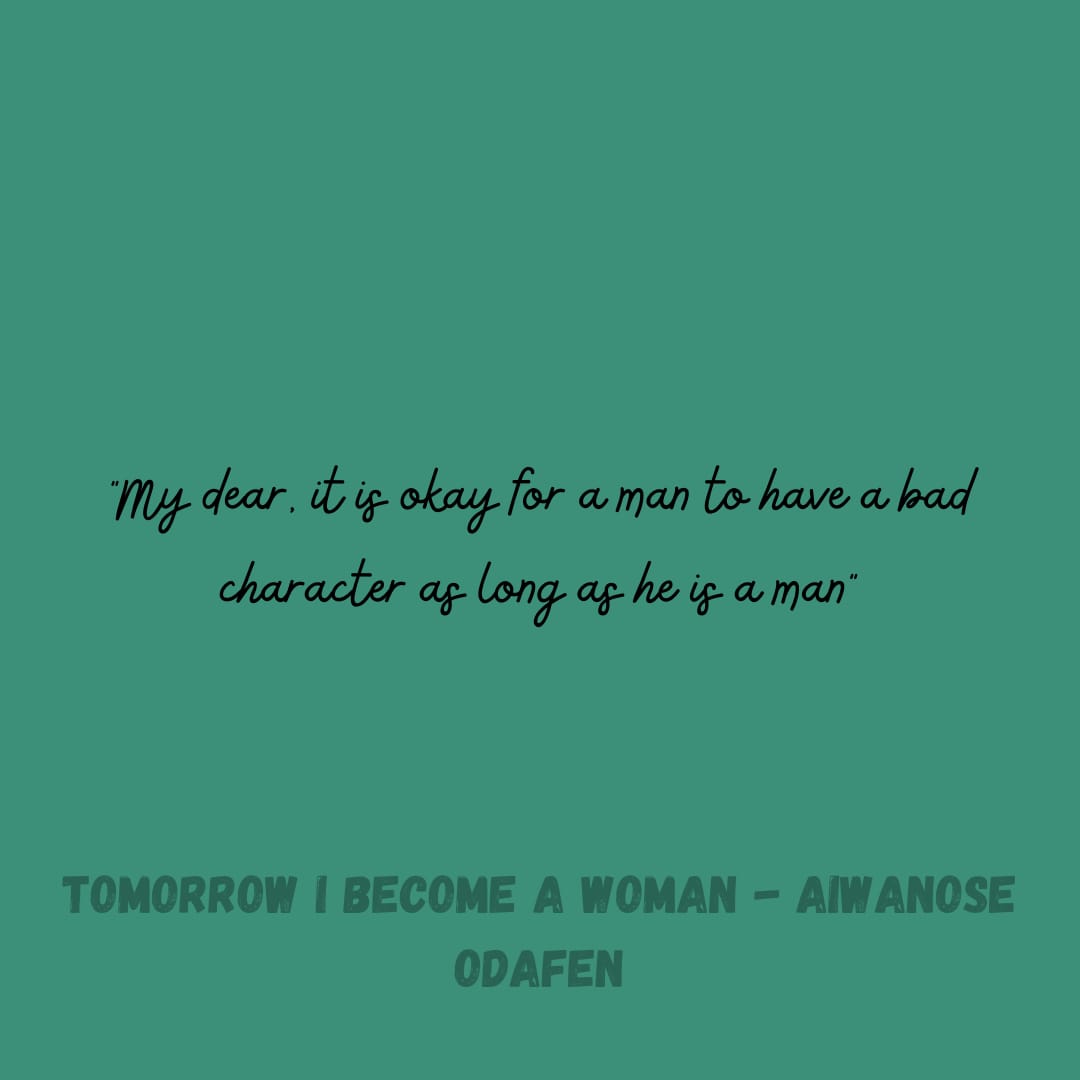
This book broke my heart into a thousand tiny pieces. I couldn't say to myself "it's just fiction" because in this case, everything that was written down in this book isn't far-fetched from reality. It's deeply heart-wrenching. . I enjoyed the inclusion of the Nigerian civil war and the tales and sufferings of the Igbo people during and after the war. There are several Igbo words and phrases and I loved how authentic it made the story, together with the nigerianness in the conversations.
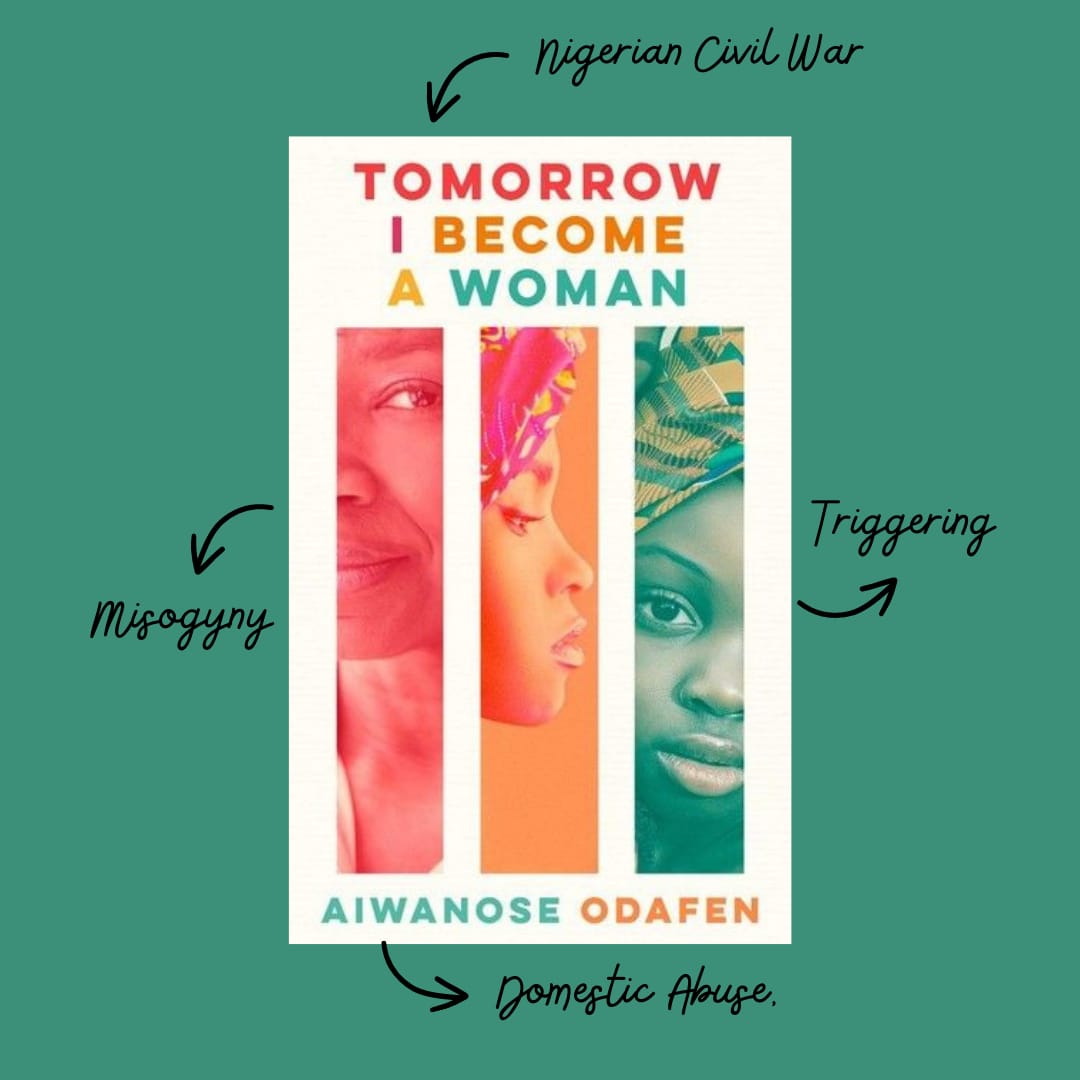
Some of the themes it covers are domestic violence, verbal abuse, financial control, tribalism, societal pressure, discrimination against female children, miscarriage, female friendship, war, death, and grief.
My favorite character is Uju. I admire how she brought up her daughters, teaching them to be independent and giving them all the support her mother deprived her of. There was great character development for everyone ln the book.
The narration was from a first-person POV, using Uju's voice. The writing is simple with vivid descriptions trapping you in the story. Despite enjoying this so much, I rate it a 4 out of 5 stars. The ending was unsatisfactory so minus one star for that. If you've read Ogadinma and enjoyed it, you'll love this even more. For a debut, this is amazing work and I'm looking forward to reading more from the author.
Thank You For Reading!
